The Digital Health 150 is CB Insights' annual ranking of the 150 most promising digital health startups in the world.
Research and publish the best content.
Get Started for FREE
Sign up with Facebook Sign up with X
I don't have a Facebook or a X account
Already have an account: Login
Get weekly or monthly digest of all posts in your inbox: https://fmcs.digital/wim-subscribe
Curated by
Farid Mheir
 Your new post is loading... Your new post is loading...

Paula Spring's curator insight,
June 21, 2020 4:05 PM
It seems to be what's wanted to be used to monitor who has COVID-19 and who doesn't. This would be those who have tested positive, those who have not been tested, and those in recovery. By contract monitoring, every move made can be calculated. The results could mean that persons found infected could be made to relocate to a forced quarantine. The information could present pattern motion as a whole. Thus, helping calculate where higher infection rates populate and helping to further investigation as to the cause/causes and spread of COVID-19.
Another speculation, it could help provide a system that incorporates police to be able to enforce that known infected persons are regulated to ensure that home quarantine is followed. It could also help monitor, recovered cases in the possibility of relapse. Relapse in regards to future contact with active positive cases, and the physical preparedness to relapse or not relapse.

Leon Herman's curator insight,
May 2, 2020 5:52 PM
With the enforced self-examination of how we integrate with society, commerce and and our customers, we realise it is "all change". Are we ready for the future?

Mohamed Hasan's curator insight,
October 12, 2021 3:52 AM
Game Changers - that is what atoms can be. Atoms are the basic unit of matter and the defining structure of elements. Knowing its secrets in the tech space could do potential transformations that can make life easier in the near future.

Luigi Cappel's comment,
May 19, 2017 4:11 PM
Thanks for this. I used the same concept with chronic fatigue, to stay awake, but I do it by playing Candy Crush. I don't like the game, but it gives me blue light and stimulates my brain when my body wants to go to sleep at 5 or 6PM. It's also less antisocial in that I'm not putting on a headset and leaving my wife for another realm.

Diane Dromgold's curator insight,
May 8, 2017 6:47 PM
This looks like it will be really useful. I just love really clever people and what they can do. |

Curated by Farid Mheir
Get every post weekly in your inbox by registering here: http://fmcs.digital/newsletter-signup/
|




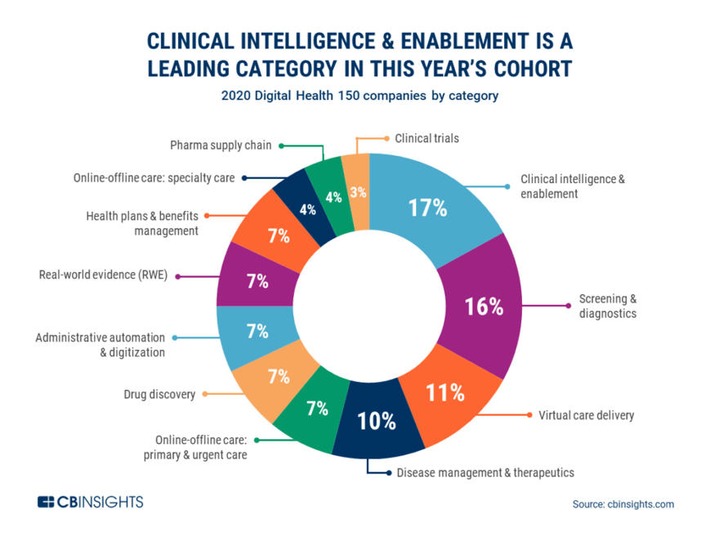

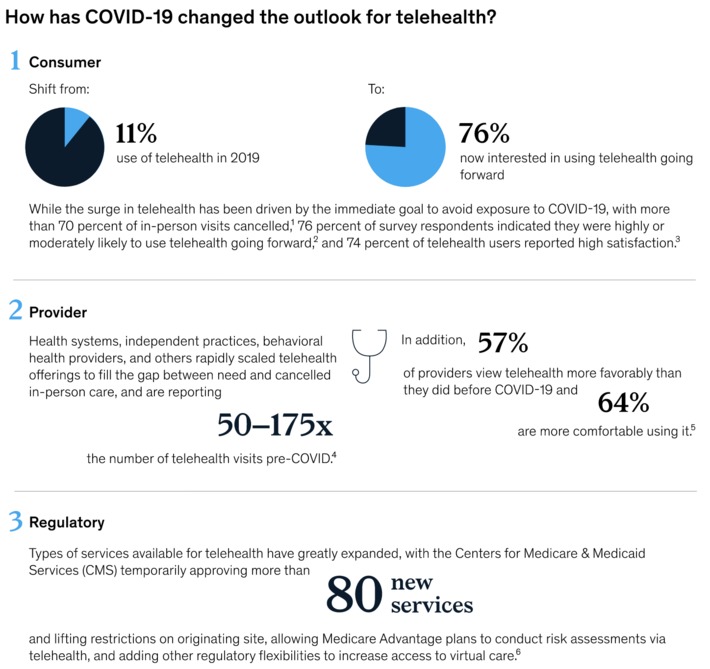
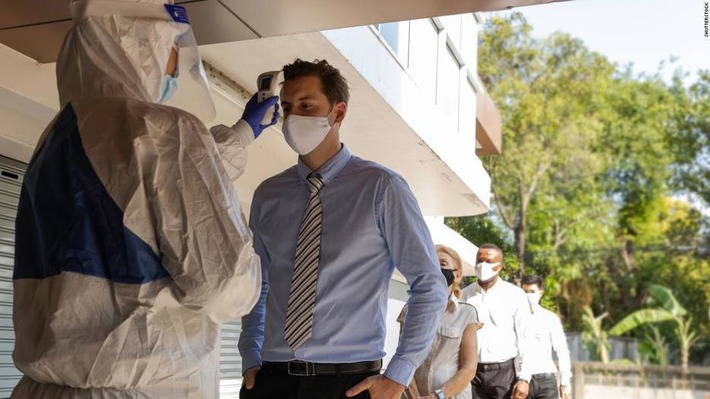


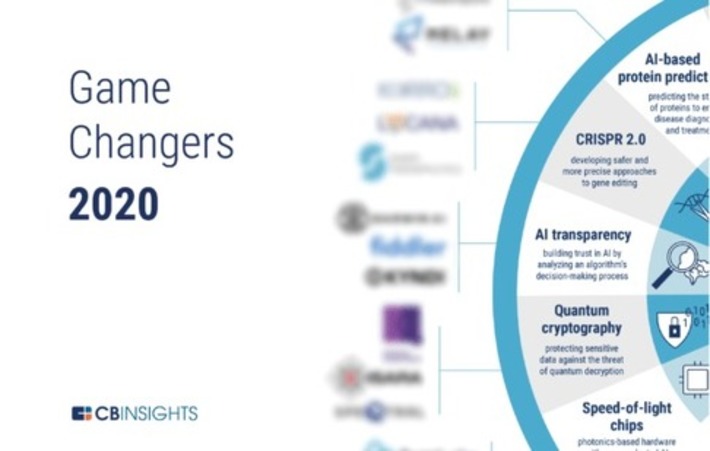
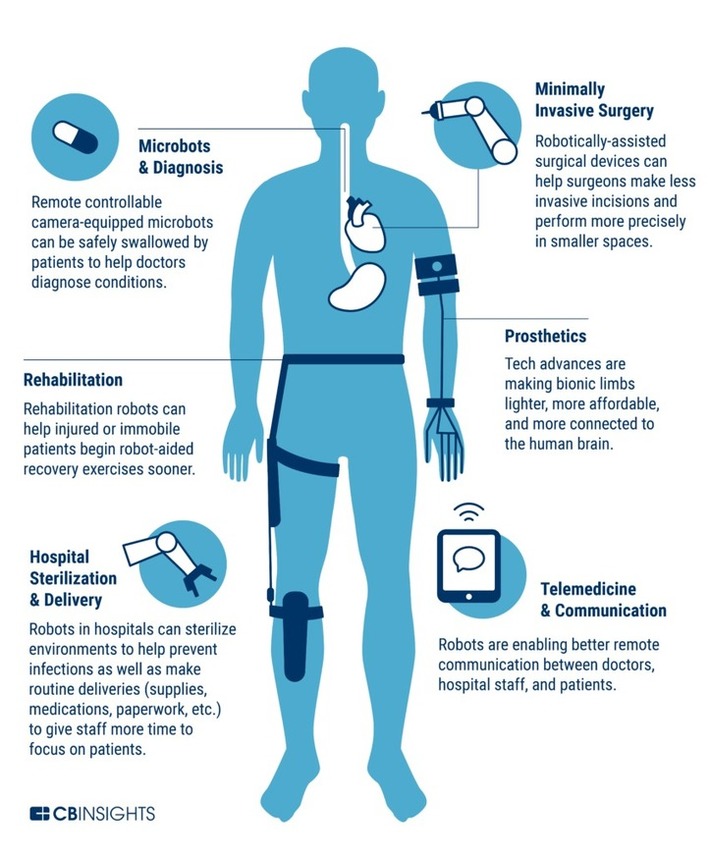
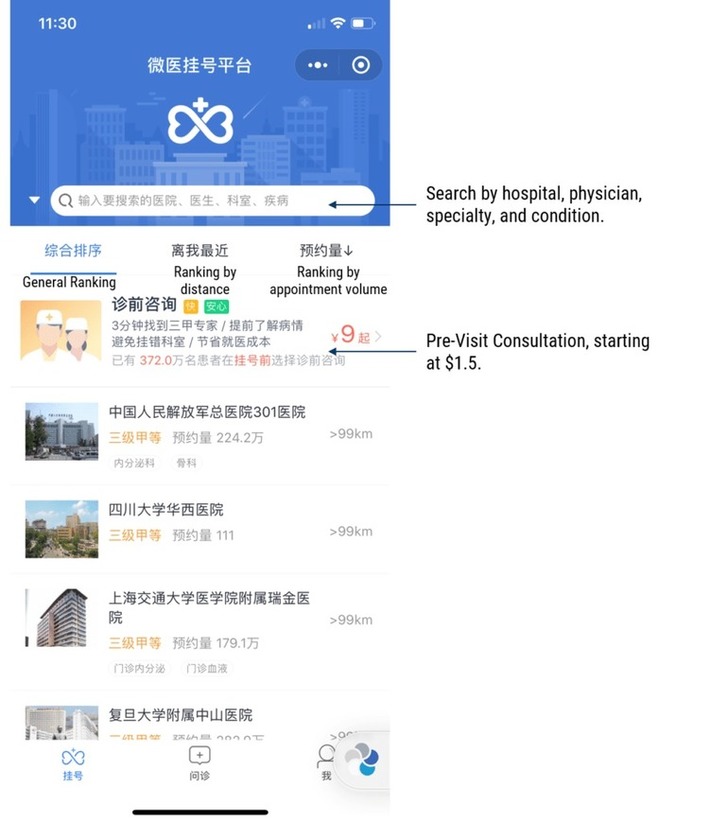
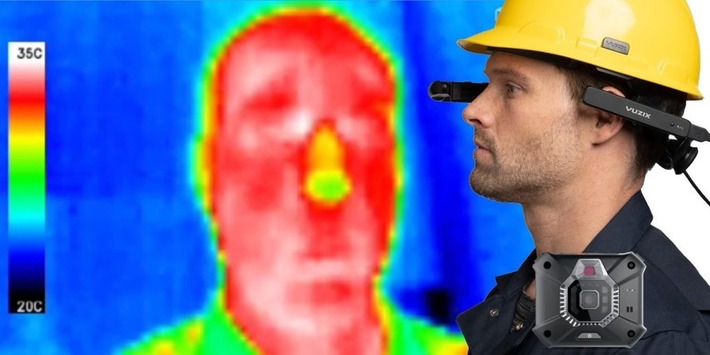
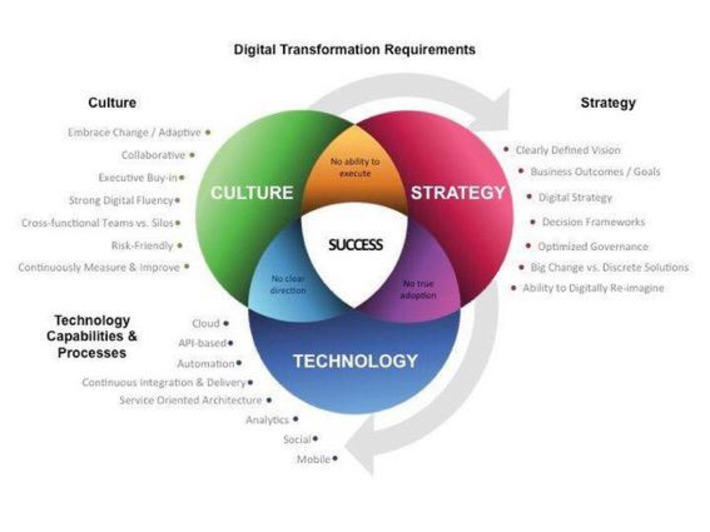



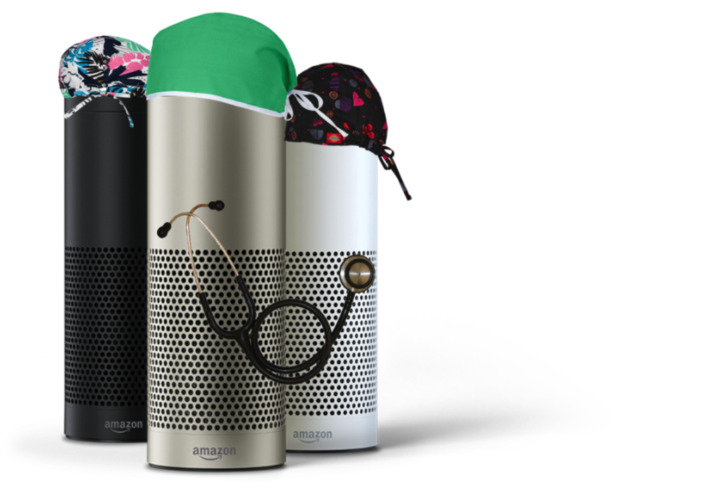
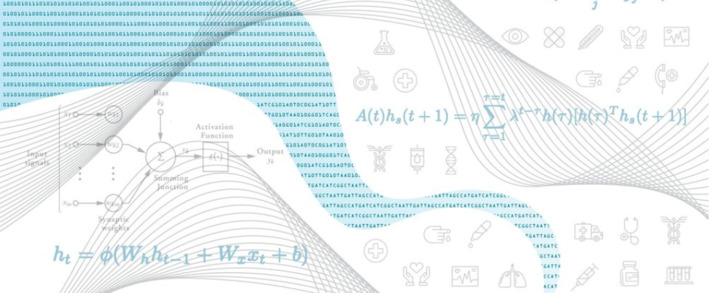
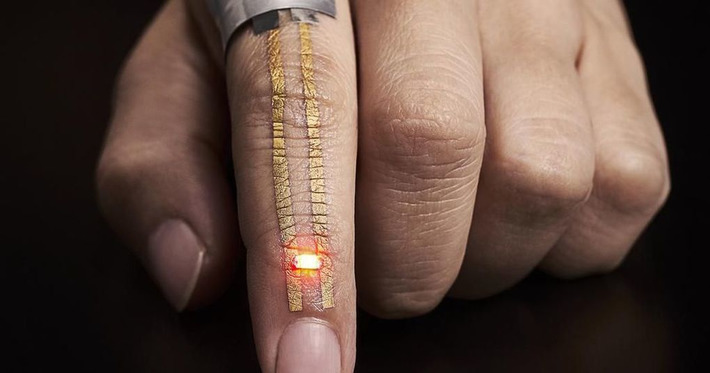

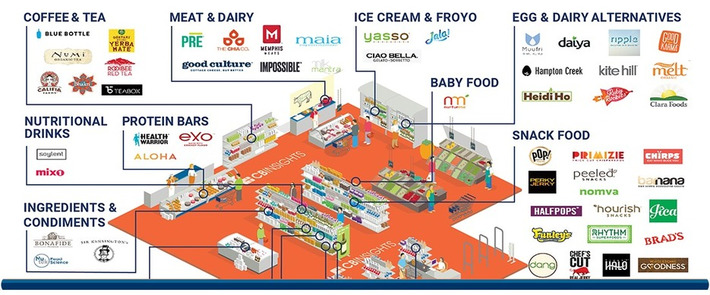
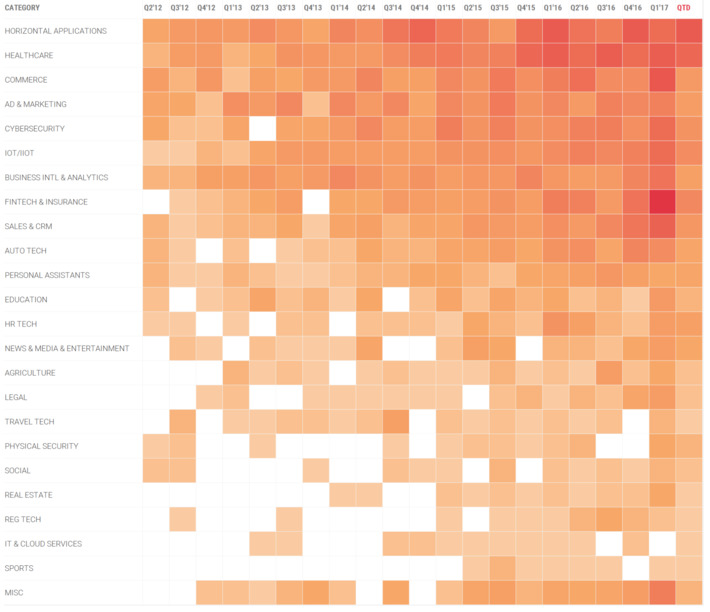
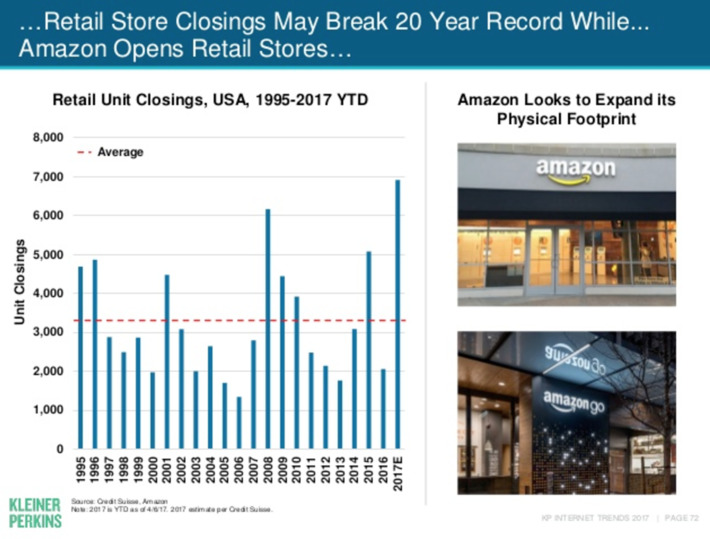

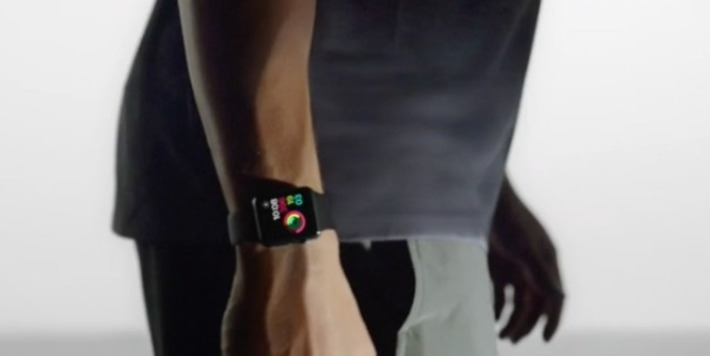
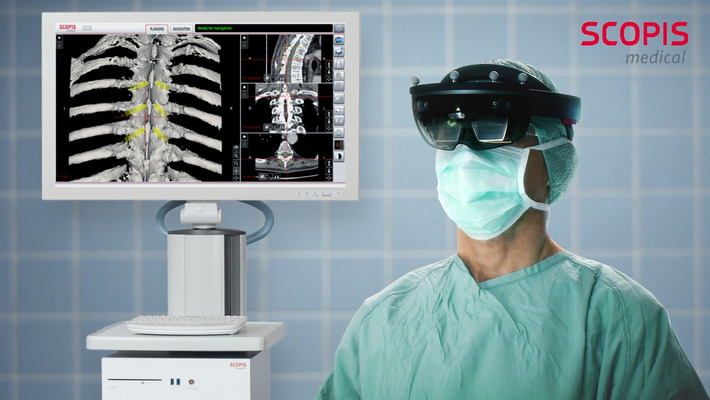
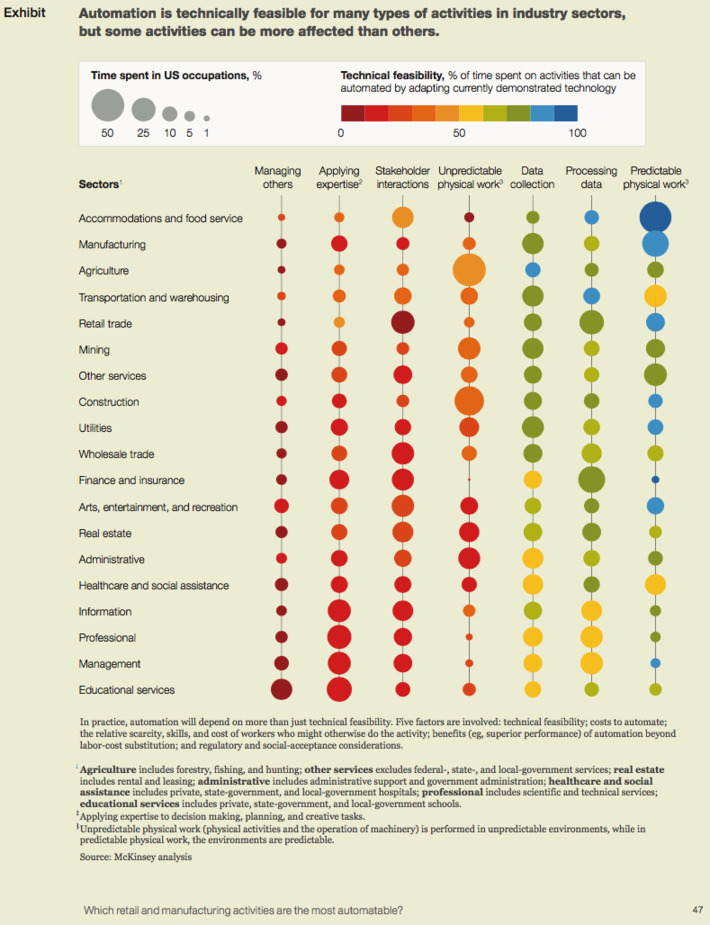
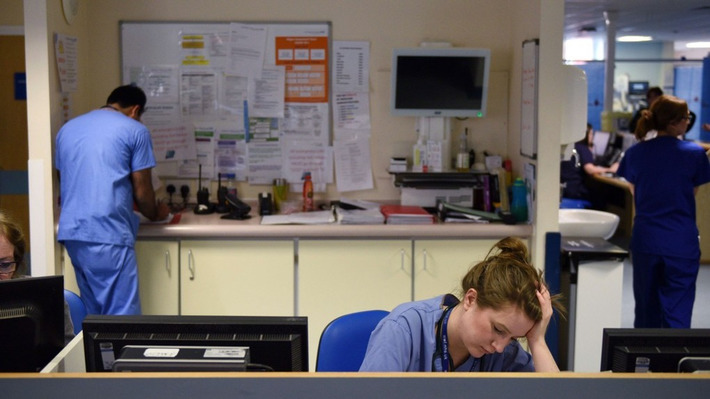
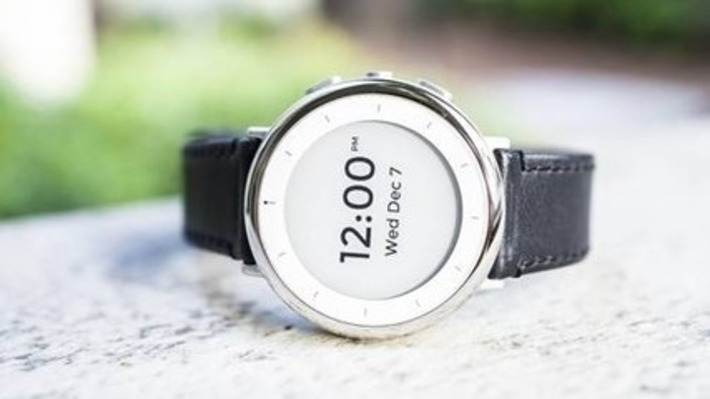
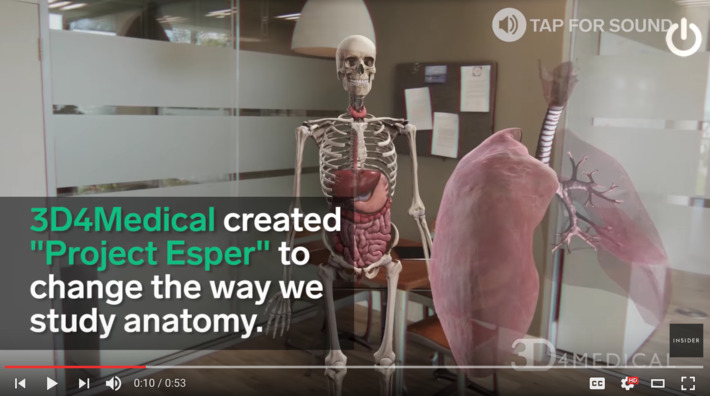



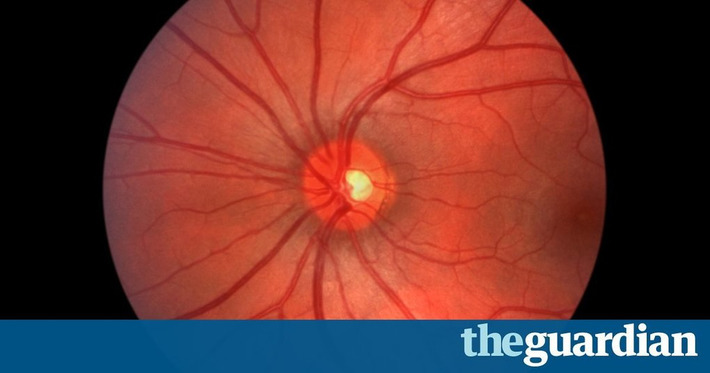








WHY IT MATTERS: one key industry where digital transformation can have the most profound impact should be healthcare. This list from CBinsight highlights one crucial aspect: lots of innovation on "health" (research, diagnostics, ...), but little innovation on "care". Nevertheless a useful reference to see where innovation should come from in the coming years.